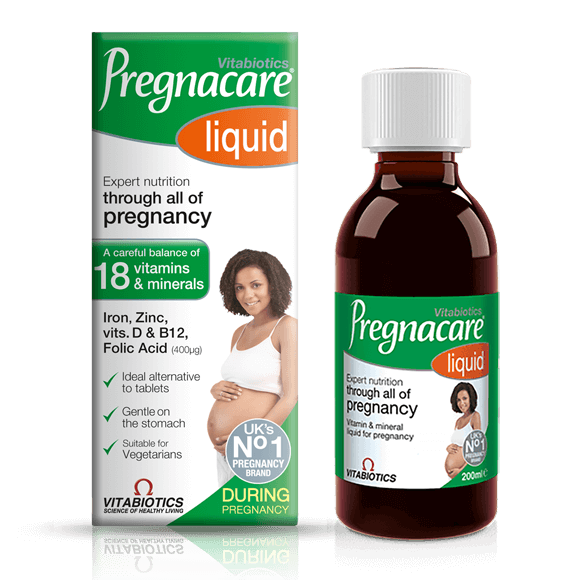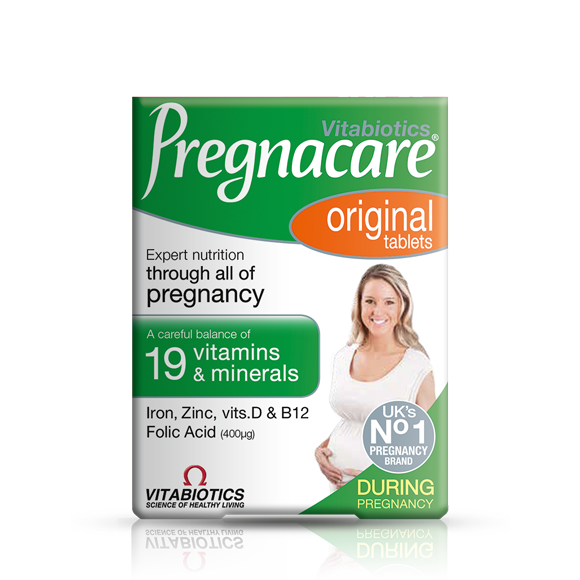Can We Still Have Sex During Pregnancy; Will It Harm The Baby?
ecause your body doesn’t change that much in the first trimester, sex can pretty much continue as it has in the past. If you’re having a normal pregnancy, sex is considered safe during all stages of pregnancy.
Many expectant mothers find that their desire for sex fluctuates during certain stages in the pregnancy, with some finding that sex becomes uncomfortable as their bodies get larger.
Your baby is fully protected by the amniotic sac (a thin-walled bag that holds the foetus and surrounding fluid) and the strong muscles of the uterus. There’s also a thick mucus plug that seals the cervix and helps guard against infection. The penis does not come into contact with the foetus during sex, so it is safe to continue having sex throughout the whole of pregnancy.
If you experience bleeding at any stage during pregnancy you should contact your midwife as soon as possible.
Sex After Your Baby Is Born
Generally, you should wait at least six weeks after birth before having sex. The uterus and cervix undergo significant changes during the process of delivering a baby and they need time to heal.
During this healing phase the lining of the uterus, especially the site where the placenta was attached, is susceptible to infection. Sex, douching, tampons and anything placed in the vagina may introduce bacteria, and cause an infection.
How Will My Skin Change During Pregnancy?
The most common skin changes in pregnancy are:
- Chloasma: brown, clearly defined patches on the face, typically on the cheekbones and forehead.
- Darkening of the nipples and external genitals (pubic area).
- Darkening of existing moles.
- Linea nigra: a dark line that appears on the abdomen, running straight down from the umbilicus (belly button).
- Striae gravidarum (stretch marks of pregnancy): red lines or bands that can appear on the abdomen during pregnancy, or the breasts after breast-feeding, which later become white, smooth, shiny and flattened.
- Veins near the skin can become more obvious.
- Varicose (swollen) veins can appear on the legs.
- An increase in the number of skin tags (small, harmless skin outgrowths that occur especially on the neck, but can be found on any part of body).
- Acne can worsen.
Sleeping
How Will Pregnancy Affect My Sleep?
According to one study, 97% of pregnant women have difficulties getting to sleep or staying asleep. It can happen at any time, say the US researchers in the Journal of Obstetric, Gynecologic and Neonatal Nursing. Problems in the study group of 127 women ranged from restlessness, wakefulness and tiredness in the day.
Sleep problems are very common during pregnancy for all sorts of reasons. In early and late pregnancy in particular, you may need to get up in the night to use the bathroom.
As you get bigger, finding a comfortable position to sleep can be difficult. Your body’s ‘thermostat’ can seem permanently set to ‘over-heat.’ You may find it too hot for bedcovers, but then wake up feeling cold. Backache can also keep you awake. Putting a pillow under your bump can help in late pregnancy.
You may also experience ‘restless leg syndrome’ which isn’t uncommon and is exactly what it sounds like: jerking or twitching of the legs, particularly when lying down. Leg cramps are also a common complaint.
Sleeping on your side after first trimester has a significant effect on reducing stillbirth.
Can I Eat Smoked Meat During Pregnancy?
Some countries advise pregnant women not to eat cold meats because of the risk of Listeria. In the UK, women are not advised to avoid these products because the risk is very low.
Pregnant women should take care when eating cold cured meats such as salami, pepperoni, chorizo and Parma ham because these meats are not cooked but cured and fermented so they may contain toxoplasmosis-causing parasites.
For ready-to-eat meats, you can reduce the risk from parasites by freezing cured meats for four days at home before you eat them. Freezing kills most parasites and so makes the meat safer to eat.
Can I Eat Soft Cheese During Pregnancy?
Mould-ripened soft cheeses, such as Brie and Camembert, may contain Listeria, which is a type of bacteria that can lead to pre-term birth, miscarriage, and/or flu-like symptoms. These should therefore be avoided during pregnancy.
However it is fine to eat other soft cheeses such as cream cheese, ricotta or cottage cheese, as long as they’re made from pasteurised milk. If you are unsure – stick to a hard cheese such as Cheddar and parmesan.
Read our post on pregnancy foods, and what’s safe to eat and not eat during pregnancy.
Can I Eat Spicy Food When I’m Pregnant Or Breastfeeding
It’s fine to eat spicy or hot food whilst pregnant or nursing, as long as you feel fine while you’re eating it. Although a tiny fraction of what you ingest is transferred into your milk supply, it’s unlikely that eating spicy food will affect your baby.
Eating garlic may even be beneficial to breast-feeding. Two studies have shown that the infants of mothers who eat garlic tend to feed for a longer time, and many babies seem to prefer a variety of flavour in breast milk. Go by trial and error. If you suffer from heartburn after you’ve eaten a fiery curry, or your baby seems upset or irritable, then opt for a milder diet until they are slightly older.
Women from parts of the world where spicy dishes are the cultural norm don’t make big changes to their diet when they become pregnant or are nursing, the key is to stick to a healthy, varied diet, and avoid foods that make you feel uncomfortable.
What Starchy Foods Should I Eat During Pregnancy?
Starchy foods including bread, rice, pasta and potatoes are carbohydrates and are satisfying, making you feel fuller for longer and providing you with energy. As they are bulky, you are less likely to overeat and gain weight on starchy foods, so include one at every meal and choose a starchy food over fatty and sugary snacks wherever possible. Wholegrain versions are especially nutritious and the fibre helps to prevent constipation.
Make sure you also check out the rest of our Pregnacare A-Z Guide to Pregnancy and Nutrition:
A / B / C / D / E / F / G / H / I / J / L / M / N / P / S / T / U / V / W
While every attempt has been made to ensure that the information contained in this guide is accurate and reliable, this is intended as a guide only and not a substitute for advice from a health professional. Please note: Vitabiotics cannot guarantee the reliability of facts obtained from other third party information sources. Information correct at time of being published (May 2020).







Comments (0)